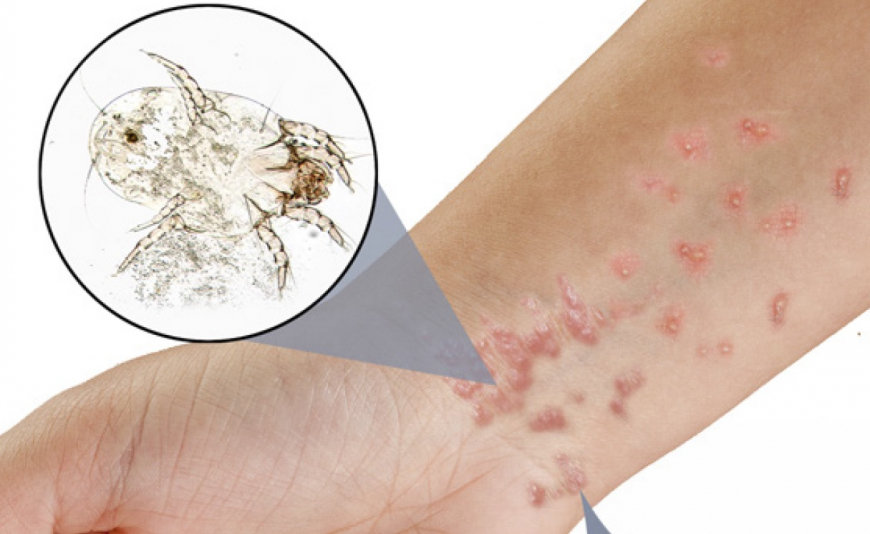- Tíðindi, mentan og ítróttur
Scabies cases on the rise

More people than ever are being referred to the National Hospital’s dermatology outpatient department for scabies treatment.
“When the Danish dermatology expert came to the Faroes in March, 32 people were referred to outpatient treatment for scabies, which is far more than we have had before,” says nurse Edith Vang.
Scabies is a skin condition caused by sarcoptes scabiei, an eight-legged microscopic mite also known as ‘the itch mite’. Scabies is contagious and can spread easily from person to person through close physical contact.
It is believed that increased resistance to the usual treatment, Nix cream, is one of the reasons why it has become so difficult to fight off the condition. This has prompted the National Hospital to ask Tórshavn’s Tjaldurs Apotek pharmacy to resume production of an old treatment form, sulphur ointment.
Prevention
Typical scabies symptoms are itching and rashes. Health authorities say that if you notice these symptoms, you are advised to go to your GP immediately. If the diagnosis is scabies, you and everyone else in your household should apply Nix cream all over the body.
After undergoing treatment, it is advisable to wash all clothes at a minimum of 60 degrees temperature and to clean beds, mattresses, sofas, duvets and pillows with a vacuum cleaner. Clothes that do not tolerate such temperatures should be placed in an air-tight bag and be put away for at least four days before being taken out of the bag again.
It can take up to three weeks before you develop any symptoms, by which time you may well have passed on the condition to others. It is therefore important to tell those around you as soon as you are diagnosed with scabies so that they can receive treatment.
Translated by prosa.fo


























